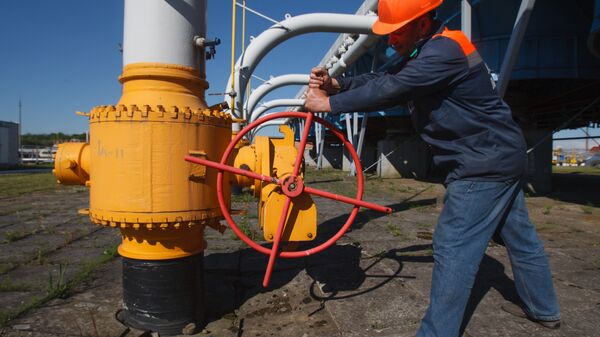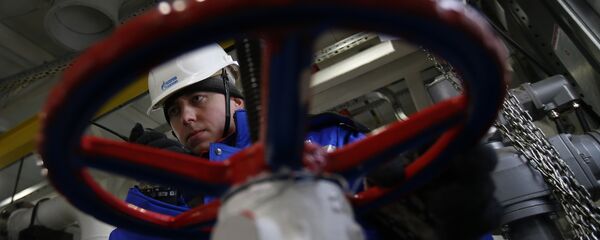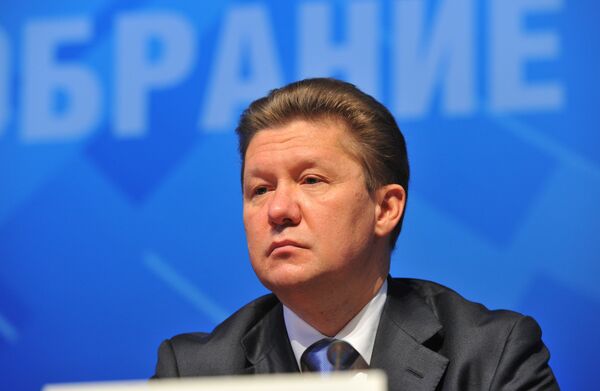He attributed the decrease in Gazprom transit supplies to the fact that an ever-increasing share of hydrocarbons is extracted in Russia's Yamal Peninsula.
Gazprom plans to build two new offshore gas pipelines for supplies to Europe — along the bottom of the Baltic and the Black Seas.The issue of concluding a new transit contract with Ukraine to replace the current document, which expires in 2019, has yet to be resolved.
In February 2016, Russian President Vladimir Putin said that the transit of Russian gas through Ukraine to the EU could be in place after 2019, if it is economically feasible.
Speaking to Sputnik, Alexey Grivach, Deputy Director General of Russia's National Energy Security Fund, Ukraine has repeatedly showed itself to be an unpredictable negotiator.
"The Russian side, for its part, shows flexibility by trying to meet the demands of Europeans who are trying to save face and their political obligations with respect to Kiev, including promises to support Ukrainian transit. In any case, the Russian side is ready for constructive negotiations, which should be conducted on an economic basis," he said.
Grivach pointed out that a certain proportion of gas can be supplied to Europe through Ukraine only if the new gas pipelines are constructed.
"This will increase the security of Russian gas supplies to Europe under existing contracts," he said referring to the "abnormal situation" each winter, when the company urgently concludes "a winter package," pumps gas into storage facilities and fears February frosts.
Besides, "the absence of the infrastructure for transit is music to a blackmailer's ears because in this case, neither Russia nor Europe will have any chance to provide a stable supply of gas to the European market," Grivach concluded.
Never miss a story again — sign up to our Telegram channel and we'll keep you up to speed!




